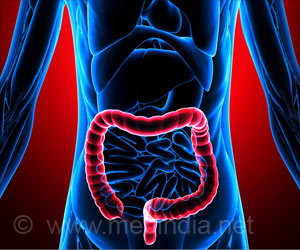that includes Crohn’s disease and ulcerative colitis. Diet and environmental factors greatly hamper the condition.
The study thereby suggests that these plastic fragments might be related to the disease process. Microplastics are known to cause intestinal inflammation, gut microbiome disturbances, and several problems in animal models.
The team analyzed fecal samples from 50 healthy people and 52 people with IBD from different geographic regions of China to depict the role of microplastics in IBD.
It was found that the fecal samples from IBD patients contained about 1.5 times more microplastic particles per gram when compared to healthy individuals. Among them, the most common plastic types were polyethylene terephthalate (PET; used in bottles and food containers) and polyamide (PA; found in food packaging and textiles).
However, further exploration is required to shed light upon the exact mechanism behind this.
Source: Medindia



